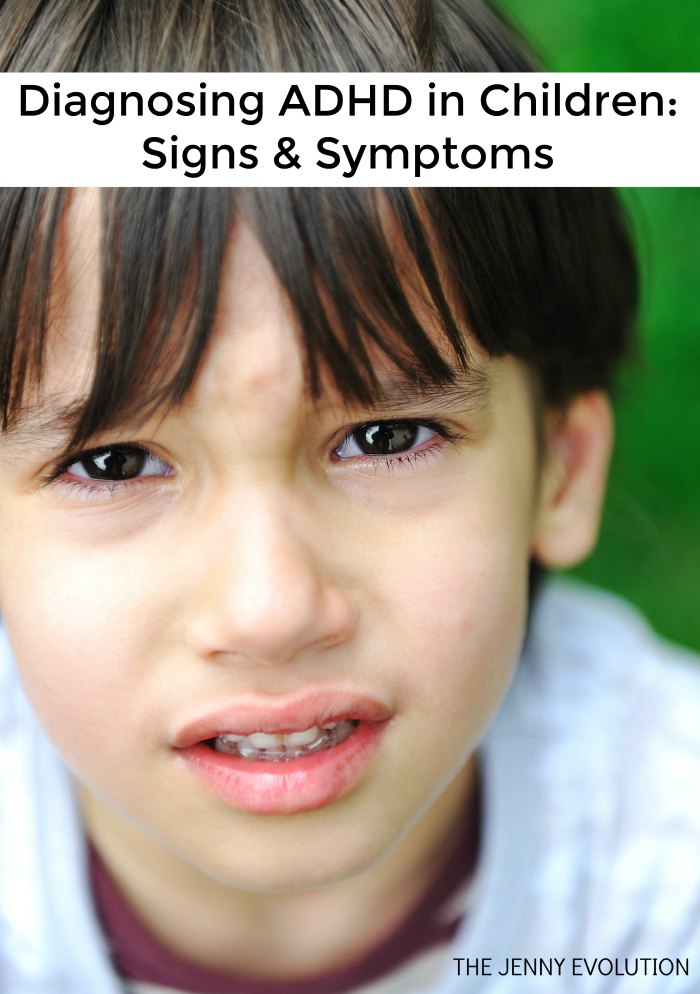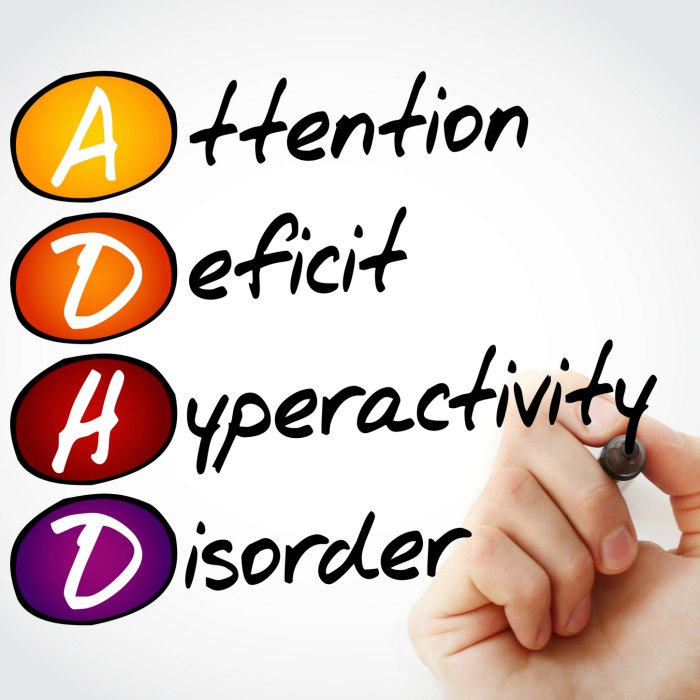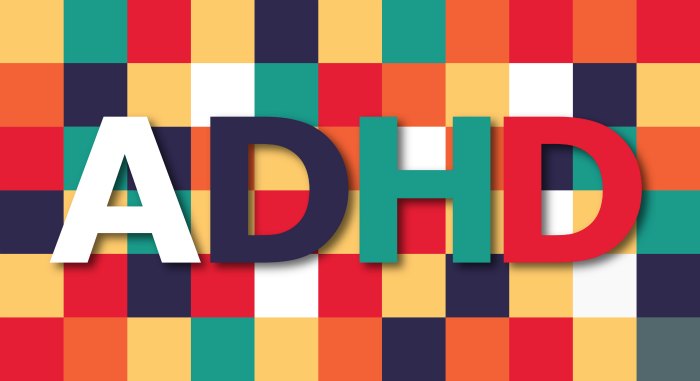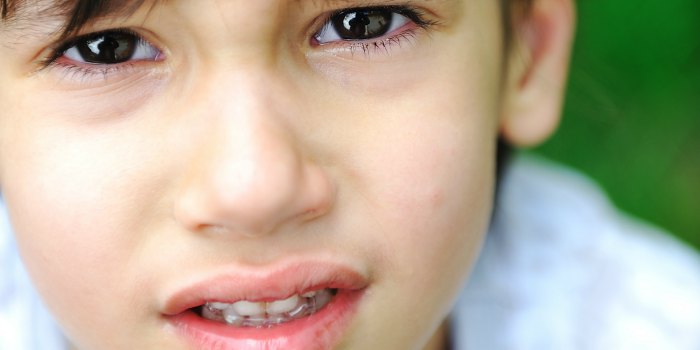Diagnosing ADHD in Children: When Is the Right Time?
There was never a turn off button for our son, which made me wonder how we go about diagnosing ADHD to see if it was possibly a match.
My son was a sensory seeker from the moment he arrived!
Boisterous and beyond full of energy like the Energizer Bunny on steroids.
Be sure to read more of our informative parenting posts about ADHD!

Diagnosing ADHD in Children: When Is the Right Time?
Is your child unable to sit still at the dinner table?
Daydreaming in class?
Having trouble following instructions?
Interrupting others and blurting out inappropriate comments?
My son fit all of these tell-tale signs and more!
These are all perfectly normal behaviors in children.
But they might also be signs of attention deficit hyperactivity disorder (ADHD).
How do you know?
If you have the nagging suspicion that it might be ADHD, when is the right time to have your child tested?

When is the Right Time to Have your child assessed for ADHD?
“All children exhibit the behaviors that characterize ADHD some of the time,” says ADHD specialist Dr. Ashley Gorman of Morris Psychological Group.
“The keys to an accurate diagnosis are the extent of the symptoms and their duration.
Are these behaviors interfering with your child’s ability to function at home and at school? How long have they been present?”
ADHD is one of the most common childhood brain disorders and is characterized by inattention, hyperactivity and impulsivity, which are also hallmarks of normal childhood behavior.
Even when the behavior is severe, the diagnosis may be missed.
Not all children exhibit all three behaviors and children who are primarily inattentive, for example, are sometimes not flagged for ADHD evaluation because they tend to sit quietly and not be disruptive.
The keys to an accurate diagnosis are the extent of the symptoms and their duration, according to ADHD specialist Dr. Ashley Gorman.
Are these behaviors interfering with your child’s ability to function at home and at school and how long have they been present?
The prototypical “off the wall” behavior is more easily identified but sometimes educators or others think a child is lacking discipline or is “high-spirited.”
I can’t even tell you how many times people thought I was being lax with disciplining my child.
And if I heard how “high-spirited” he was, I was going to scream.
Enthusiasm and energy is one thing.
This felt like something else.
On the other hand, normal childhood behaviors – getting distracted, acting impulsively or having trouble concentrating – can be mistaken for symptoms of ADHD.

Signs of ADHD often show up between the ages of three and six, but diagnosis is difficult at that age.
Children mature at different rates and delays in language development, for example, may cause frustration that looks like ADHD.
Also, other medical and psychological conditions, learning disabilities or major life changes might cause behaviors that mimic ADHD.
By around age seven or eight, a qualified professional can generally confirm or rule out a diagnosis.
We had our son meet with a neuropsychologist when he was eight to see if some of his school difficulties were tied in to ADHD, which they were.
It turns off he was quite affected by ADHD, which was no surprise to us.
It did surprise us how much it was impacting his ability to learn how to read, which was the reason we decided to get him generally assessed in the first place.
While there is no single test that definitely identifies ADHD, a clinical psychologist or other specialist will examine a combination of factors to formulate a diagnosis – a complete medical history and exam, interviews or questionnaires for parents, teachers and others who interact regularly with the child, and possibly an ADHD rating scale that helps collect and evaluate information.

Diagnosing ADHD: Signs and symptoms for parents to look for
When it comes to recognizing and diagnosing ADHD, parents can look for these signs and symptoms to help them determine if they should see a professional for their child:
The child who is inattentive…
- seems not to be paying attention even when spoken to directly
- makes careless mistakes, loses things
- has difficulty completing a task
- is easily distracted
- has trouble following instructions and staying organized
- is forgetful
The child who is hyperactive…
- runs around at inappropriate times
- fidgets and squirms when forced to sit
- seems to be in constant motion
- talks nonstop
- has trouble with quiet tasks
- has a volatile temper
The child who is impulsive…
- interrupts
- blurts out answers without waiting to be called on
- can’t wait his or her turn
- acts without thinking
- intrudes on others’ activities
- overreacts emotionally

Diagnosing ADHD: When to Seek Help
It’s perfectly normal for all children to exhibit some of these behaviors once in a while or for short periods of time.
However, it’s important to recognize that if the child does have ADHD, early intervention can forestall problems as he or she matures and is exposed to more complex social and educational situations.
When it comes to diagnosing ADHD, consider the following guidelines from Dr. Gorman when seeking help:
- Are the symptoms consistent across all settings – home, school and play? If the behavior is exhibited in only one environment, chances are something other than ADHD is causing it.
- How long have the symptoms been present? A persistent pattern of behavior for six months or more is generally a criterion for a positive diagnosis.
- How severe are the symptoms? Are they negatively affecting the child at home, at play or at school? Is he or she falling behind academically? Isolated socially? The impact on a child’s life is the most important consideration in seeking an evaluation.
There is no cure for ADHD, but it is treatable.
A family pediatrician can usually recommend a qualified mental health professional who can perform a complete evaluation and recommend a course of treatment.
Often a combination of medication and behavioral management is the most effective way to reduce symptoms and improve functioning.
“Some children grow out of ADHD and for some, it continues into adulthood. But at any age appropriate treatment and support can enable those with ADHD to reach their full potential,” said Dr. Gorman.
Read more about special needs parenting on Mommy Evolution!
Resources: Materials provided by Morris Psychological Group, P.A.

What an incredibly informative and comprehensive post, @Jenny!
I found it quite helpful, especially since my son got diagnosed with ADHD at 14 – and the school didn’t tell me until I got his new IEP!!! Kind of reeling over all that, still, and of course will eventually write about it…But for now this post was really what I needed – thanks!
I am still taking it all in (we are autism “experts,” but know little about this…). Isn’t that the way???
Love,
Full Spectrum Mama
This is an interesting read. I have an adult friend who was recently diagnosed with ADHD, but had shown signs (the very ones you posted) early on and throughout her childhood. It was a relief for her to learn about why she struggled more than most with learning some things, and now she’s got a good grip on it! Thank you for sharing – Christine of Sensory Friends
Very helpful. Thank you!
SO helpful and great post! hosting web review
Our daughter was tested when she was nearly 8, it answered a lot of our questions and we were able to get great advice how we can help make things better for her.